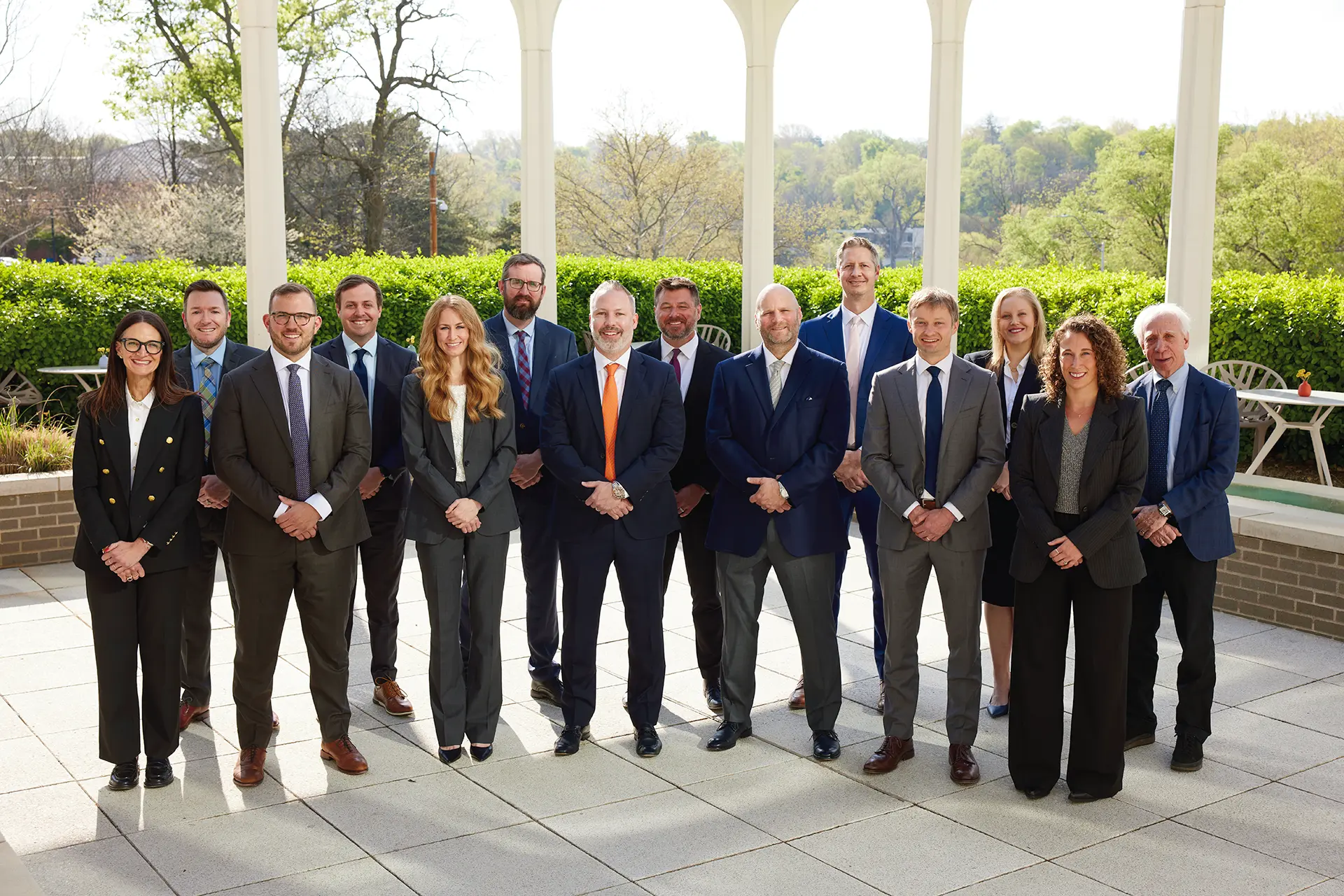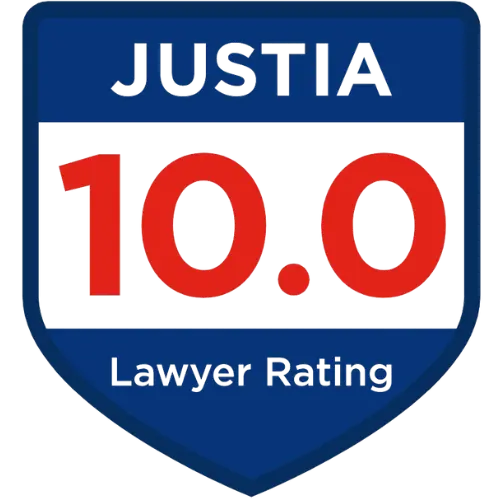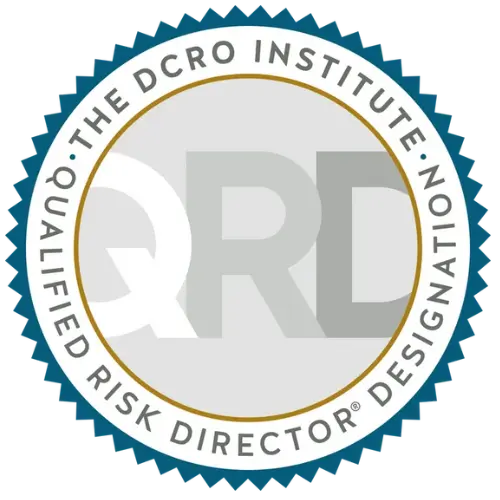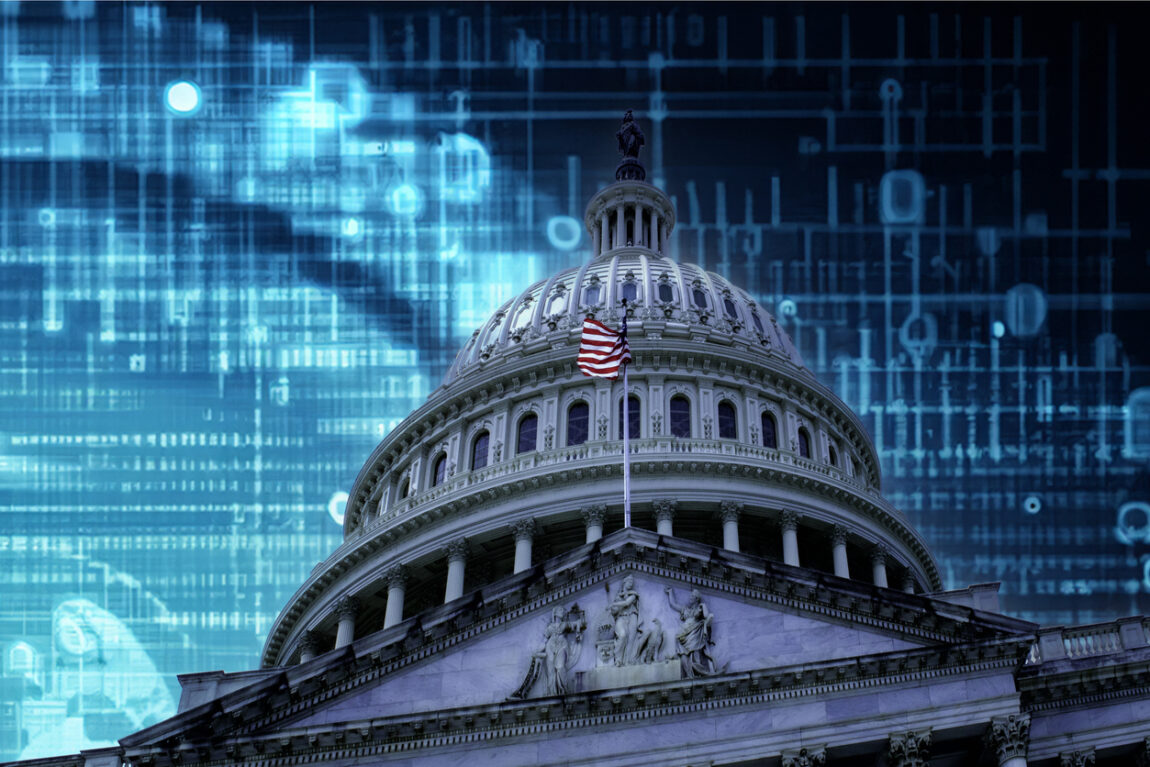
Who We Are

We understand the challenges business owners face—because we’ve been there. Our approach is practical, strategic, and focused on helping entrepreneurs and companies navigate risk, solve problems, and succeed.
Areas of Practice
What Our Clients Say About Us








Latest News

At Kennyhertz Perry, innovation isn’t just a buzzword — it’s a commitment. As a boutique law firm known for serving clients at the intersection of business, technology, and compliance, we understand that to stay ahead, we must evolve. That’s why we’re embracing artificial intelligence (AI) as a key part of our legal operations — not to replace attorneys, but to empower them.
AI as a Legal Associate
Traditionally, law firms had associates do “associate-level work” such as legal research, contract review, due diligence, document drafting, and client memos. These are time-intensive but important tasks that clients pay a lot of money for when they hire lawyers at old, traditional law firms or “big law.” More senior attorneys would then apply their knowledge and expertise to the associates’ work product to create the final client deliverable.
At Kennyhertz Perry, we use AI to do the majority of associate-level work. This results in greater efficiency and lower bills for our clients. In addition, AI can do these associate-level tasks instantly, allowing Kennyhertz Perry to deliver with greater speed. This accelerated pace empowers clients to make decisions and take action faster, which often has real economic benefit.
Here’s how:
- Legal Research at Speed and Scale
AI platforms can sift through vast legal databases in seconds, surfacing relevant case law, statutes, and secondary sources that would take human associates hours to uncover. This allows our attorneys to focus more on strategy, analysis, and client advisement, rather than rote research.
- Contract Analysis and Review
Using AI-driven tools, our team can rapidly review complex contracts for red flags, inconsistencies, or unusual clauses. These tools can also compare agreements to a database of similar contracts to ensure nothing is missing or out of the ordinary. Associates still play a crucial role in final interpretation, but AI accelerates the initial review process significantly.
- Drafting and Document Automation
From NDAs to privacy policies and employment agreements, AI can generate first drafts in seconds based on firm-approved templates and context provided by the attorney. This enables junior lawyers to spend more time refining and customizing content rather than starting from scratch.
- Due Diligence Made Smarter
When conducting due diligence for mergers, acquisitions, or financing rounds, AI helps organize, review, and summarize volumes of documents quickly. This improves turnaround times without compromising the depth or rigor of the review.
- Internal Knowledge Management
AI helps us manage internal knowledge, from creating quick-reference summaries of legal updates to organizing precedents and prior client work. It reduces duplication of effort and ensures attorneys have fast access to the firm’s intellectual capital.
Why It Matters
By using AI for associate-level tasks, we’re not just increasing efficiency — we’re also improving the client experience. Faster turnaround times, more accurate work, and lower costs translate into tangible benefits for our clients. And for our attorneys, it means more time spent on the high-value, high-impact work that drives professional growth and client trust.
The Human Element Remains Central
Despite all the advantages AI brings, we know that legal practice is ultimately a human endeavor. Critical thinking, ethics, judgment, and empathy can’t be outsourced. AI assists — it does not replace. Every AI-generated output is reviewed, contextualized, and validated by a licensed attorney.
At Kennyhertz Perry, we view AI not as a threat, but as a tool — one that’s helping us reimagine what it means to deliver smart, responsive, and modern legal counsel.
About Kennyhertz Perry, LLC
Kennyhertz Perry, LLC is a business and litigation law firm representing clients in highly regulated industries. Our dedicated Artificial Intelligence practice group is focused on helping clients navigate the legal, regulatory, and ethical complexities of deploying artificial intelligence in highly regulated sectors such as finance, banking, and real estate. To learn more about the firm, visit kennyhertzperry.com.
*The choice of a lawyer is an important decision and should not be based solely upon advertisements.

Kennyhertz Perry is pleased to welcome Seth McCauley to the firm. Seth is a seasoned civil litigator with extensive experience representing clients in a broad spectrum of business litigation matters. His practice is particularly focused on advocating for corporate entities, executives, and professionals throughout the Midwest involved in complex commercial and professional negligence disputes. Known for his competitive drive and sharp analytical skills, Seth is a dedicated advocate who brings a strategic, goal-oriented approach to every case. His commitment to helping clients navigate challenging legal issues makes him a valuable addition to the team.
Welcome aboard, Seth!
About Kennyhertz Perry, LLC
Kennyhertz Perry, LLC is a business and litigation law firm representing clients in highly regulated industries. The firm was founded by two veteran Kansas City attorneys, John Kennyhertz and Braden Perry. To learn more about the firm, visit kennyhertzperry.com.

In a significant late-night development on May 14, 2025, the Missouri Senate passed House Bill 567 (HB 567) — a sweeping piece of legislation that effectively repeals Proposition A and brings major updates to Missouri’s labor laws. The Senate passed the House version without amendments, fast-tracking the Bill straight to Governor Mike Kehoe’s desk for final approval.
Mark Your Calendars: If signed, the changes won’t kick in until August 28, 2025 — giving employers just a few months to prepare.
What’s in HB 567? Key Provisions at a Glance:
End of Statewide Paid Sick Leave Mandate
HB 567 repeals RSMo §§ 290.600–290.642, eliminating Missouri’s requirement that employers provide and track earned paid sick leave.
Minimum Wage Changes
The Bill revises Missouri’s minimum wage statute — employers will need to review how this impacts wage rates and compliance.
Public Employer Adjustments
Modifies how wage and leave laws apply to public sector employers, adding another layer of policy review for government entities.
Important Detail: No Emergency Clause
Although the Bill referenced an emergency clause for immediate effect, it didn’t pass — so the law won’t change until August 28, 2025, assuming the Governor signs it.
What Employers Need to Do Now:
- Stay Compliant: Until the effective date, Proposition A remains the law. Don’t change policies just yet.
- Prepare Ahead: Begin reviewing your paid sick leave and minimum wage practices to align with the upcoming legal landscape.
- Public Sector Leaders: Assess how the changes might alter your obligations as a public employer.
We’re keeping a close eye on the Governor’s next move — and we’ll be back with updates and guidance as soon as more information is available.
Have questions or need help planning for compliance? Let us know — we’re here to help you stay ahead of the curve.
About Kennyhertz Perry, LLC
Kennyhertz Perry, LLC is a business and litigation law firm representing clients in highly regulated industries. The firm was founded by two veteran Kansas City attorneys, John Kennyhertz and Braden Perry. To learn more about the firm, visit kennyhertzperry.com.
*The choice of a lawyer is an important decision and should not be based solely upon advertisements.

On March 27, 2025, the U.S. Securities and Exchange Commission (SEC) hosted a public roundtable in Washington, D.C., to examine the growing role of artificial intelligence (AI) in financial markets. The event brought together industry leaders, regulators, technologists, and academics to explore the risks, opportunities, and evolving regulatory landscape surrounding AI.
As the financial industry moves rapidly to integrate AI into everything from trading strategies to compliance monitoring, SEC-regulated entities must begin preparing now for a future in which AI governance, risk management, and disclosure obligations are increasingly under regulatory scrutiny.
Here’s what you need to know:
Event Highlights: A Shift Toward Action
Chairman Mark Uyeda opened the roundtable by emphasizing the SEC’s interest in ensuring that AI innovations are deployed in a way that supports investor protection and market integrity. He called for a technology-neutral but vigilant approach to AI oversight.
Commissioners Hester Peirce and Caroline Crenshaw stressed the need for transparency and explainability, particularly when AI is involved in decision-making that impacts investors. Across four substantive panels, participants addressed key themes including fraud prevention, cybersecurity, governance, and the future trajectory of AI in the financial ecosystem.
Key Takeaways for SEC-Regulated Entities
- AI Use Must Align with Fiduciary Duties and Investor Protection
AI tools cannot absolve firms of their foundational obligations. Whether used in portfolio management, client servicing, or internal decision-making, firms must ensure that AI applications serve the best interests of clients and do not lead to outcomes that could harm or mislead investors.
Firms should periodically review how AI models are applied to investment decisions, marketing, and disclosures—and ensure outputs are consistent with fiduciary standards and anti-fraud provisions under the Advisers Act and federal securities laws.
- Build Robust AI Governance Frameworks
Roundtable participants repeatedly stressed that AI models must be explainable, auditable, and subject to meaningful oversight. The “black box” nature of many AI systems presents real challenges in supervision, particularly if firms rely on third-party vendors.
Firms should implement:
- Clear model governance policies,
- Internal documentation standards, and
- Escalation procedures for unexpected or anomalous AI outputs.
Senior management should understand the risks associated with AI tools and ensure that appropriate risk owners are accountable.
- Cybersecurity and Fraud Risks Are Evolving
While AI offers new ways to detect fraud and mitigate cyber threats, it also introduces novel vulnerabilities. AI models can be manipulated through adversarial inputs or “data poisoning,” potentially leading to serious compliance failures.
The SEC encouraged firms to incorporate AI-specific cybersecurity testing and monitoring, especially for models that touch sensitive data or impact customer transactions. Firms should consider adding AI-specific controls to their cybersecurity incident response plans.
- Transparency and Accuracy in AI Disclosures Matter
The SEC has signaled growing concern about “AI washing”—the overstatement or mischaracterization of AI capabilities in marketing or investor communications. This concern is backed by recent enforcement actions involving firms that misled clients about the role AI played in their advisory services.
To avoid potential liability, firms should:
- Accurately describe AI tools and their limitations,
- Avoid vague or exaggerated claims in public statements,
- Ensure consistency across marketing, client disclosures, and regulatory filings.
- Get Ready for Future Rulemaking
The SEC’s July 2023 proposed rule on predictive data analytics was a clear indicator that AI-specific regulations are on the horizon. The March 2025 roundtable reinforced this direction, with multiple speakers noting the need for regulatory clarity and potentially formal rules on AI governance and disclosures.
Firms should stay engaged in the regulatory process, consider submitting comments to proposed rules, and begin conducting AI risk assessments that evaluate potential conflicts of interest, data dependencies, and unintended consequences.
Final Thoughts
The SEC’s roundtable underscores a growing consensus: AI is no longer a peripheral issue—it is a core governance and compliance concern. Regulated firms cannot afford to treat AI as an experimental add-on. It must be integrated into existing risk, compliance, and supervisory frameworks with the same rigor applied to other critical systems.
By taking proactive steps now—enhancing AI governance, ensuring transparency, and preparing for evolving expectations—firms can align innovation with regulatory compliance and long-term client trust.
About Kennyhertz Perry, LLC
Kennyhertz Perry, LLC is a business and litigation law firm representing clients in highly regulated industries. Our dedicated Artificial Intelligence practice group is focused on helping clients navigate the legal, regulatory, and ethical complexities of deploying artificial intelligence in highly regulated sectors such as finance, banking, and real estate. To learn more about the firm, visit kennyhertzperry.com.
*The choice of a lawyer is an important decision and should not be based solely upon advertisements.














